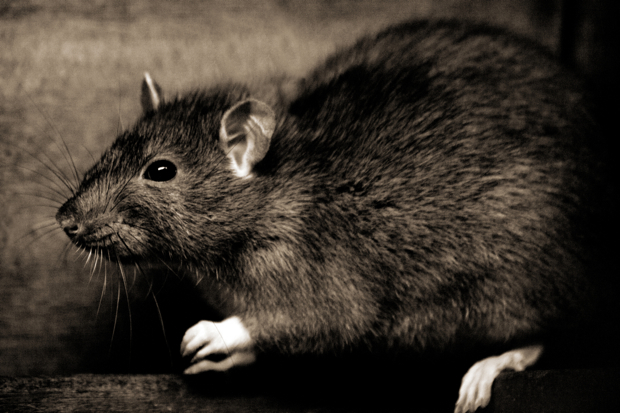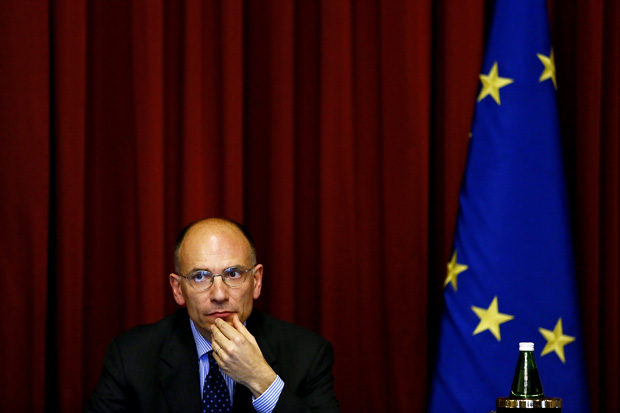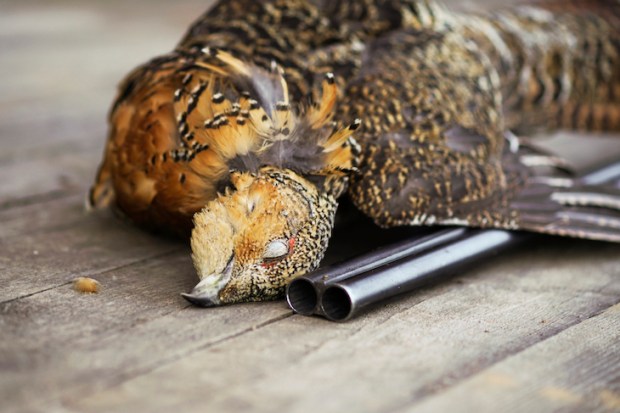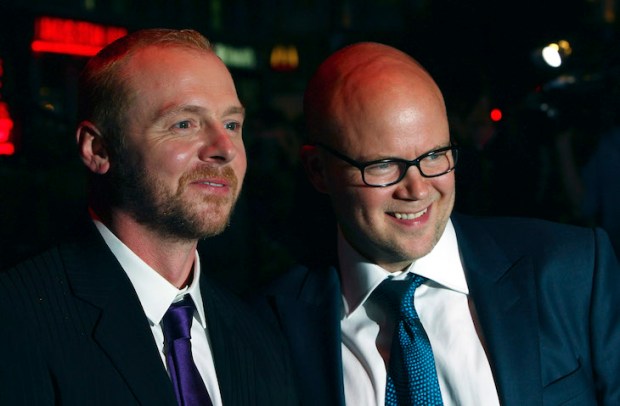Before I had children I don’t think I appreciated what anxiety was. I’d been anxious at various points in my life up until that point — when taking exams, for instance — but those occasions paled into insignificance when I experienced the full monty.
The occasion was the birth of my son Ludo in 2004. The delivery was fine, but it just so happened that he was born in a five-day window between Caroline being infected with chickenpox and presenting the first symptoms. That meant Ludo was exposed to a full load of the Varicella zoster virus before Caroline had had a chance to develop any of the antibodies and pass them on.
Given that newborns don’t have much in the way of an immune system, Ludo would be in some danger if he became infected. We had a difficult two weeks waiting to see if he developed chickenpox — and I remember thinking at the time that you couldn’t be any more anxious than this — and then, when he did get chickenpox, a truly awful time waiting to see if any of the anti-viral drugs would be effective. The name of the disease he’d contracted is neonatal varicella and the mortality rate is 30 per cent.
Now, I suppose it’s possible to be even more anxious than that. Perhaps the mercury rises higher when the mortal danger your children are in comes upon you suddenly — if you’re on a sailboat in the middle of the ocean that starts to sink, for instance. But I find it hard to imagine.
So what are the telltale signs that you’re in the seventh circle of hell? For one thing, you start hallucinating. When I was sitting across from Ludo’s cot, staring at the machine he was hooked up to, ready to call a nurse at the first sign of any deterioration, I began to see rats in my peripheral vision. This wasn’t Stafford Hospital, incidentally, so I’m pretty sure they were hallucinations.
Sleep deprivation was probably a contributory factor. During periods of run-of-the-mill anxiety, I’m able to get to sleep if I take a sleeping pill, but nothing was strong enough to knock me out during Ludo’s illness. After a few days I gave up trying, and after a week or so I began to feel as if I was on the brink of a psychotic episode. Inanimate objects began to take on threatening, demonic personas, a sure sign of psychosis.
I held it together, thank God, and when I reviewed my behaviour afterwards I felt as if I’d made good decisions in spite of everything. Believe it or not, there were a number of quite important medical decisions to make, because neonatal varicella is so rare and because, thanks to Google, I probably knew as much about the disease as the doctors overseeing his case.
I insisted Ludo be given a treatment called V-Zig — and when I say ‘insist’, I mean I was persistent and, at times, aggressive with the hospital staff. Of course, the fact that I had effectively taken control of his care meant my anxiety levels ratcheted up even higher. What if the V-Zig was ineffective? I wouldn’t have been able to forgive myself for ignoring the advice of at least some of the doctors that he be given an alternative course of treatment.
But in spite of my disintegrating personality, I was confident that my powers of reasoning were in tact — that this really was Ludo’s best chance — and stuck to my guns. He quickly began to get better and, afterwards, the resident virologist came to see me and told me I’d been right and if he ever had another case of neonatal varicella he’d treat it with V-Zig immediately.
This week is the tenth anniversary of the day Ludo was discharged, and I experienced another side effect of acute anxiety when we left the hospital. I remember sitting in a restaurant, waiting for my first non-hospital food in a month, with Caroline opposite and Ludo sleeping in his pram beside me, and feeling the anxiety fall away. I suddenly felt a kind of ecstatic weightlessness — floating on a cloud of happiness, relief flooding through my veins like an opiate.
It was as if I’d been somewhere else, a different dimension almost, and was returning to myself. At long last, I felt like I truly understood what anxiety is and what it can do to someone. I made a mental note to ignore the rats if I ever experienced it again.
Got something to add? Join the discussion and comment below.
Get 10 issues for just $10
Subscribe to The Spectator Australia today for the next 10 magazine issues, plus full online access, for just $10.
Toby Young is associate editor of The Spectator.
You might disagree with half of it, but you’ll enjoy reading all of it. Try your first month for free, then just $2 a week for the remainder of your first year.















Comments
Don't miss out
Join the conversation with other Spectator Australia readers. Subscribe to leave a comment.
SUBSCRIBEAlready a subscriber? Log in